Why the War for Talent in 2025 Looks Different Than 2020
- Rachel Zaslansky Sheer

- Oct 9
- 2 min read

In 2020, the hiring landscape was defined by survival. Companies froze budgets, scaled back growth plans, and made reactive choices in order to weather uncertainty. Talent was plentiful, but the match between skill sets and roles was often uneven. Fast forward to 2025, and the war for talent looks entirely different. Employers are once again competing aggressively for top people, but the rules of engagement have changed.
One of the most striking shifts has been the impact of technology. In 2020, AI-driven recruiting tools were just starting to enter the conversation. Today, they are embedded in nearly every stage of the hiring process. This allows for faster screening and broader reach, but it also means that standing out requires a stronger, more strategic narrative. As a client, it is no longer enough to post a job and wait for resumes. The best candidates expect a curated experience that reflects your brand and values.
The roles themselves have also evolved. Remote work in 2020 was a stopgap. In 2025, hybrid and flexible models are non-negotiable for many high-level professionals. Candidates are not just looking at salary and title, they are weighing autonomy, lifestyle, and growth potential. Companies that cling to outdated structures risk losing access to the very talent that could drive them forward. This means rethinking job design, workflows, and leadership expectations to align with how people want to work today.
Culture has become the ultimate differentiator. In 2020, many candidates were simply grateful for employment. Today, they are deliberate about where they invest their skills. They want to work with companies whose mission and values feel authentic. As an employer, it is critical to articulate not just what the role entails but why someone should want to join your team. The ability to communicate trust, vision, and alignment is what turns interest into commitment.
The war for talent in 2025 is not about filling seats quickly. It is about building the right teams with precision and intention. Companies that adapt to these new realities, invest in the candidate experience, and lean into culture as much as compensation will come out ahead. Those who do not will find themselves competing harder for fewer results. The landscape has shifted, and the leaders who embrace the change will be the ones who win.





